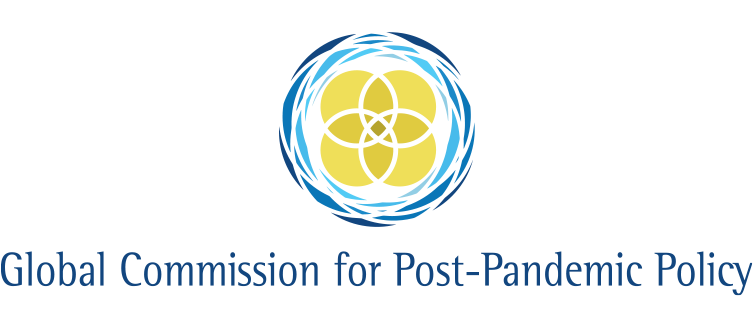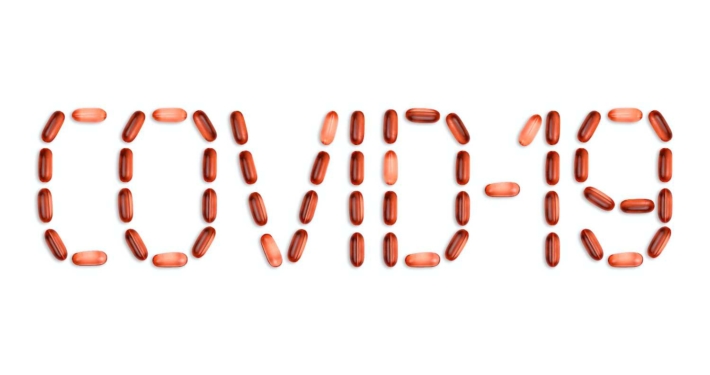The Pandemic, week to May 28th
Health
COVID-19 infection rates continued to decline worldwide, helped by a rapidly improving situation in India and declining infection rates in Europe and the United States. These trends were enough to offset an escalating situation in Latin America, especially in Argentina, Paraguay and Colombia.
In India, the official tally of confirmed deaths from the pandemic crossed 300,000 this week, a figure believed to be a substantial under-estimate. Nevertheless, India appears to have turned a corner. In the past two weeks, the daily rate of newly confirmed cases has dropped steeply, and the daily rate of confirmed deaths has begun to decline too. Some still worry that that the pandemic is moving to India’s rural areas, where testing is more sparse.
In the United States, the White House announced that more than half of the country’s adults, more than 130 million people, are now fully vaccinated against the coronavirus. After a notable fall in the rate of vaccination in mid-April, the national rate of vaccination has again stabilised at a lower—but still impressive—rate. That is likely to be in part because of the increasingly creative strategies used by state and local governments to induce people to get vaccinated.
At the G20 Global Health Summit in Rome, President of the European Commission Ursula von der Leyen announced that the Commission will be coordinating a €1.0 billion (US$ 1.2 billion) investment in the African continent to support the establishment of a local vaccine manufacturing industry. The continent imports 99% of all the vaccines it uses, a big reason why only 1.69% of the continent’s population have received even a single dose of a coronavirus vaccine. The investment will come from the European Union budget and from European development finance institutions like the European Investment Bank (EIB).
In Japan, the chorus of critics calling for the cancellation of the Tokyo Summer Olympics, due to start on July 23rd, is growing louder. In an article published in the New England Journal of Medicine, a team of public health experts harshly criticised the International Olympic Committee (IOC) for its so-called “playbooks,” colourful information packets describing how it intends to protect athletes, spectators, and the Japanese population safe from the coronavirus. But for organisers a particularly telling development was the decision of the Asahi newspaper—an official partner of the Tokyo Olympics—to come out in favour of cancellation. Both the Japanese government and the IOC continue to insist the games will go ahead.
The biotechnology company Moderna announced that its coronavirus vaccine is safe and highly effective in children aged 12-17. The Sputnik V vaccine, developed by Russia’s Gamaleya Institute, also appears to be highly effective against the Brazilian strain of the coronavirus, according to a study run by researchers in Argentina. These coronavirus vaccines may soon be joined by a vaccine jointly-developed by pharmaceutical giants Sanofi and GlaxoSmithKline. The companies have just launched a Phase III clinical trial of their vaccine, enrolling 35,000 adult volunteers on four continents.
In negative news, Belgium announced it would be halting administration of the Johnson & Johnson vaccine for those under 41 after the country witnessed Europe’s first confirmed death from severe side-effects associated with the shot.
Economy
In Brazil, the winding down of the country’s pandemic welfare support measures—some of the most generous in the world—is fuelling a dramatic spike in poverty levels. Poor households, defined as those living on less than one minimum wage, hit their highest level in at least nine years in the first quarter of 2021, after plunging to record lows last year.
In Nigeria, the National Bureau of Statistics reports the Nigerian economy grew 0.5% in the first quarter year-on-year, driven by higher oil prices and increased crude oil production. That brings the country’s second recession in five years to close. Nevertheless, Nigeria’s economy remains in trouble. The inflation rate is currently 18% overall, and 23% for food prices—the highest in twenty years. The country also has the second highest unemployment rate of any country in the world.
In the United States, new capital investment is booming. The Economist reports that businesses are currently expanding their capital expenditures at an annualised rate of 15%. A recent Bank of America paper reports that executives are at the most bullish they have been about capital investment in over a decade. Similar trends can be seen in other rich economies.
The Group of Seven (G7) nations—a club of wealthy democracies—is reportedly closing in on agreement on a minimum corporate tax rate among members, to be initially pegged at 15%. The Biden administration, which has driven the initiative, pitched a figure of 21% but scaled back its ambitions to widen the measure’s appeal. This action is expected to force the pace of G20-led wider negotiations on the issue at the OECD in Paris.
Politics
In the United States, the White House ordered the nation’s intelligence agencies to redouble their efforts to pin down the origins of the coronavirus, and to report back in 90 days. The move comes amid a growing chorus calling for a more serious investigation into the possibility that the pandemic started with an accidental laboratory leak in the city of Wuhan. The Chinese government reacted sharply to the announcement by accusing the United States of peddling in conspiracy theories abd warning that politicizing the origins of COVID-19 would hamper further investigations and undermine global efforts to curb the pandemic.
In the United Kingdom, Dominic Cummings, former chief advisor to Prime Minister Boris Johnson, delivered withering testimony in a seven-hour joint session of two committees in the House of Commons. “Tens of thousands of people died, who didn’t need to die,” said Cummings. When asked by Sarah Owen, a Labour Member of Parliament, whether Boris Johnson was a “fit and proper person to get us through this pandemic”, Cummings’ responded, “No.”
The European Commission is seeking a court order in Brussels compelling British-Swedish pharmaceutical company AstraZeneca to pay 10 euro per day for every vaccine dose remaining overdue to the European Union (EU). If the court backs the bloc, the company may have to pay as much as 200 million euros a day for its failure to meet its contractual obligations. The company argues it is obliged to make “best reasonable efforts”, and that it did so. In the first quarter of the year, AstraZeneca delivered just 30 million out of a promised 120 million vaccine doses to the EU. The company has since told the bloc that it will deliver less than half its commitment of 300 million doses in the first half of the year.
In Brazil, an inquiry into the Bolsonaro administration’s handling of the pandemic
by the Brazilian Senate continues to reveal outrageous details of decision-making over the past year. The inquiry has received testimony from three former health ministers, the head of Brazil’s medicines regulator and a former foreign minister, amongst others. The biggest takeaway is that President Jair Bolsonaro appears to have deliberately aimed to lead the country to herd immunity through pure exposure to the virus, purposefully scuppering efforts to contain its spread.
In India, the government appealed to farmers to call off mass protests because of the potential for coronavirus super-spreader events. The appeals have fallen on deaf ears. This week marks six months of farmer protests against President Narendra Modi’s national government over a series of unpopular agricultural reforms passed last year. The protesters have maintained camps around New Delhi, the Indian capital, throughout the country’s deadly second wave of coronavirus infections.
GCPPP Newsletter
We now publish a weekly newsletter to inform friends and supporters of the Global Commission’s progress and to provide updates when new content is published. Please sign up here:


 Volodymyr Hryshchenko, Unsplash
Volodymyr Hryshchenko, Unsplash
 Adam Nieścioruk, Unsplash
Adam Nieścioruk, Unsplash
 visuals, Unsplash
visuals, Unsplash

 Markus Spiske, Unspash
Markus Spiske, Unspash